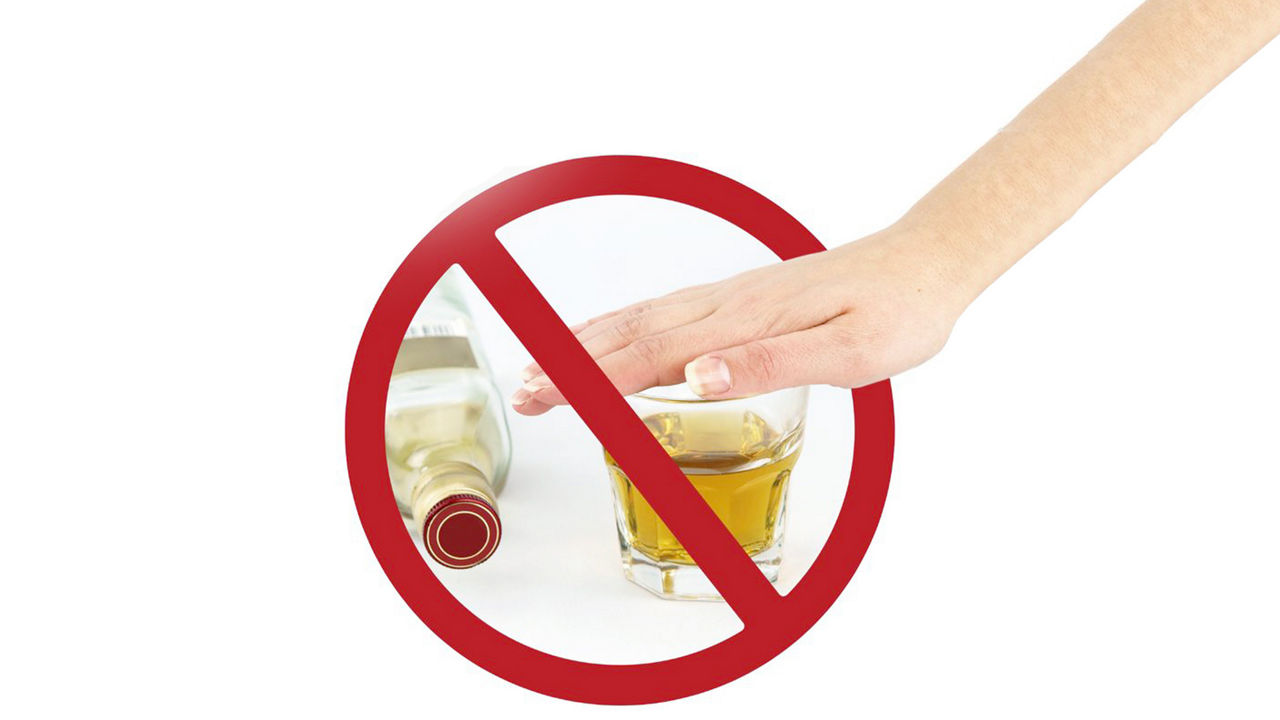Breastmilk is the best for babies. The World Health Organisation recommends exclusive breastfeeding for the first six months of life. Unnecessary introduction of bottle feeding or other food and drinks will have a negative impact on breastfeeding. After six months of age, infants should receive age-appropriate foods while breastfeeding continues for up to two years of age or beyond. Consult your doctor before deciding to use infant formula or if you have difficulty breastfeeding.
- Week 1
- Week 2
- Week 3
- Week 4
- Week 5
- Week 6
- Week 7
- Week 8
- Week 9
- Week 10
- Week 11
- Week 12
- Week 13
- Week 14
- Week 15
- Week 16
- Week 17
- Week 18
- Week 19
- Week 20
- Week 21
- Week 22
- Week 23
- Week 24
- Week 25
- Week 26
- Week 27
- Week 28
- Week 29
- Week 30
- Week 31
- Week 32
- Week 33
- Week 34
- Week 35
- Week 36
- Week 37
- Week 38
- Week 39
- Week 40
Consuming certain food and beverages can harm or lead to undesirable consequences to the unborn child. This could be due to toxins or food infection consumed by the mother.
Alcohol
Despite the well-known health risks for the baby, it is advisable to abstain from alcohol, even if someone proposes a toast to you. Although there is no clear recommendation on alcohol intake for pregnant women and there may be voices within your social circle that claims that a glass of alcohol might not serve any harm to your children, but it is definitely the best decision to entirely refrain from alcohol. The reason behind is that alcohol is a form of cytotoxin that could attack the brain and nerve cells of your baby at any time during pregnancy.
Nicotine
Habits die hard; some women may simply abandon their vices overnight during their pregnancy. Remember that every cigarette will lead to your baby taking in “passive smoke”. It would be a good opportunity to become a non-smoker and remain thereafter, even after the birth of your baby.
Dairy products and eggs
You should avoid all dairy products made from raw milk during your pregnancy as they could contain listeria and trigger food poisoning caused by bacteria. Ensure that you make a shopping note to ask if the open products at the counter or at the weekly market are “made with raw milk”, as a form of precaution. Avoid the following products: soft cheeses even though they are made from pasteurised or heat-treated milk, as well as all blue cheese and cheese with lubricated surface. Firm, ripened hard cheese made from heat-treated milk may seem harmless but you should always cut off the rind before consumption.
You should only consume hard-boiled eggs. Raw or semi-cooked eggs could contain salmonella, and it is safer to avoid all foods that are made with raw eggs such as desserts, mayonnaise sauces and baked goods.
What is Listeria?
Listeriosis is a form of food poisoning caused by the bacterium Listeria. Although the mother will only suffer from flu-like symptoms, the infection can be transferred to the baby through the placenta. The worst case would early induction or still birth.
Meat and sausage
Avoid raw foods of animal origin
Did you know that you should avoid raw animal foods in general to be protected from foodborne infections? Animal products such as meat, fish, eggs, and dairy products made from raw milk where bacteria or parasites such as Listeria, can transmit bacteria to your baby leading to serious consequences. In addition, this can weaken the hormonal changes during pregnancy as well as your immune system to allow you to be more susceptible to infections such as Listerosis.
Be sure not to consume excessive amounts of animal innards which contain abundance of vitamin A, as an overdose of vitamin A during pregnancy can lead to stunted growth, and cause damage to the skin, liver and eyes. You can safely consume all other meats as long as they are well cooked. Remember to avoid raw meat dishes such as steak, minced pork and roast beef and smoked ham or sausages and salami. Any consumption of raw meats can lead to infectious disease caused by parasites, particularly harming the baby in the first trimester of the pregnancy. Only if the infection was detected before pregnancy, the baby is usually protected by the maternal immune system. However, it is not wise to take the risk and consume raw meat products during your pregnancy.
Soft Drinks
Coffee, black tea and caffeinated soft drinks such as Cola are allowed during pregnancy, but only in moderation (2 – 3 cups of coffee per day). Black and green tea contains caffeine and tannins which interfere with iron absorption. A useful tip would be to leave these drinks between your meals.
Vegetables, fruits and salads
Plant foods, including herbs that are not heated, should be washed thoroughly before consumption to prevent any possible infection.
Join our AptaAdvantage Club today to enjoy:
- Educational content to support you on your motherhood journey
- Various complimentary classes and exclusive discounts with our key enrichment partners
Kickstart your AptaAdvantage experience by signing up HERE.
Related articles

Connect with our team of experts
We provide advice and support for you on your parenthood journey




